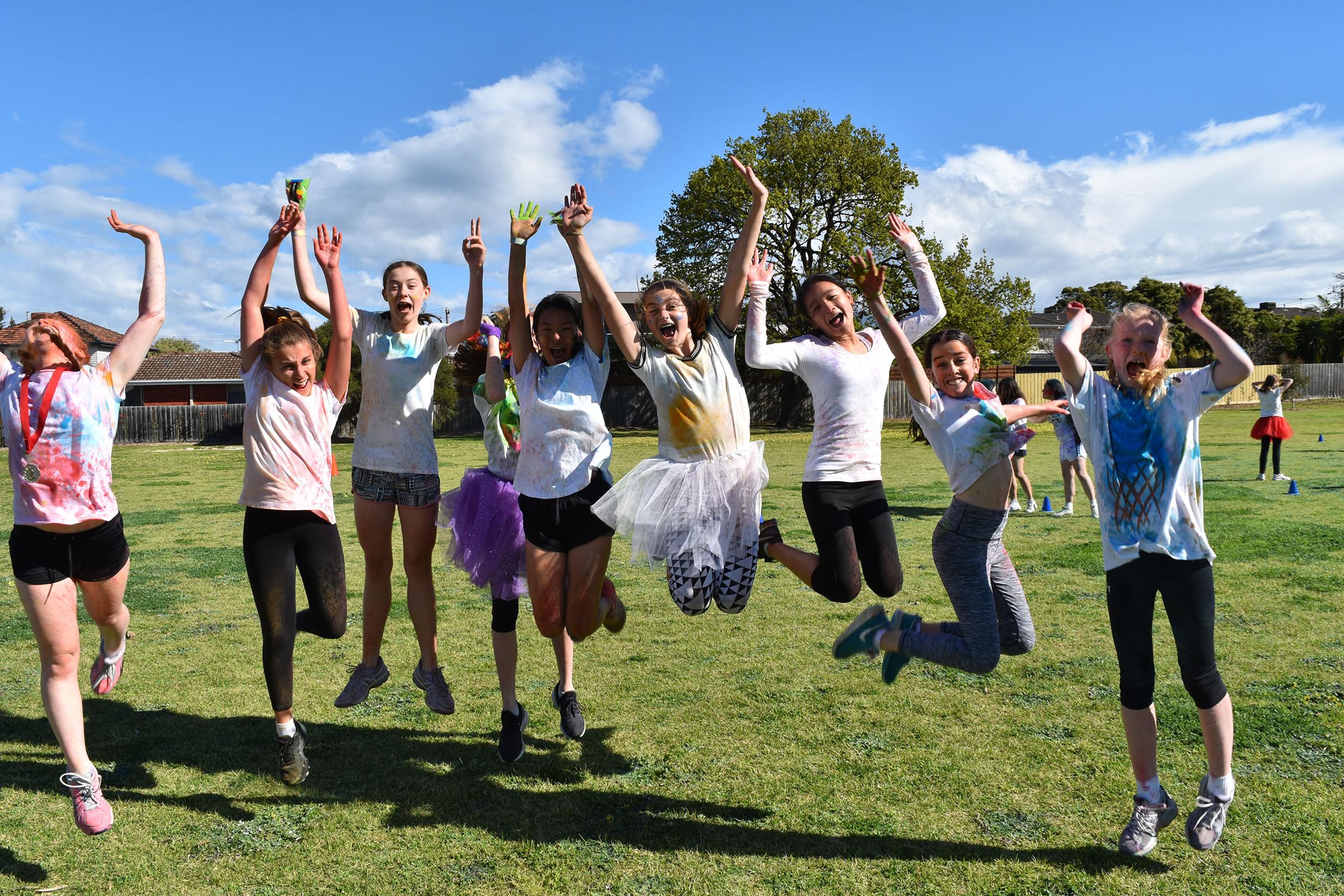Wellbeing

The College has a Student Wellbeing program which aims to assist students and parents in need of emotional or financial support and to make referrals to external agencies. The Student Wellbeing Coordinators work with student managers, staff and various organisations to coordinate and provide these programs and develop and implement a number of wellbeing policies.
Generation Next
Generation Next provides education and information about the prevention and management of mental illness in young people. This information is for professionals, young people, their families and carers, and the wider community. Their objective is to raise community awareness of mental illness, its prevention and management through increasing mental health literacy, reducing associated stigma and discrimination, and positively influencing individual and community behaviour to improve mental, social and emotional wellbeing outcomes for young people, their families and communities.
To this end, they reach out to young people, their families and carers, professionals who work with them and the wider community to seek solutions to the challenges that mental illness poses to us today both at the individual and social levels.
They produce an excellent electronic newsletter distributed regularly. To find out more and subscribe to the newsletter visit their website: https://www.generationnext.com.au/
Parenting Ideas
Parenting Ideas is an online resource to help people successfully raise confident, happy and resilient kids by making parenting support more accessible and impactful. We will regularly share their articles in the newsletter. Leaving your kids home alone will be of interest to our families who are transitioning from primary to secondary year levels and have younger children too.
LEAVING YOUR KIDS HOME ALONE
Schools holidays and after school times present challenges for families when parents work. Finding suitable care for children is tricky, particularly when usual arrangements fall over or kids tell you they are too old to be looked after.
A recent study showed that one in 10 Australian children under the age of twelve spend some part of a school holiday at home without supervision.
The legal age when a child can be left at home in Australia varies from state to state. Queensland, Victoria and Tasmania have comparatively harsh penalties for parents who leave children under the age of twelve at home unattended. The other states don’t have any specific laws about kids being left without adult supervision.
Getting the balance right
Parents have a duty of care to keep children safe and not expose them to risk. This aspect of parenting needs should be balanced with the development of independence and responsibility in children.
Leaving kids on their own for short periods is good training for independence and problem-solving. A five minute trip to visit to a neighbour; a twenty minute walk around the block; or a quick trip to the supermarket are great opportunities to leave children unattended for short periods. Gradual exposure to being on their own prepares kids cognitively and emotionally to be left at home for long periods.
Guidelines
When leaving a child at home unsupervised consider the following factors:
Safety: Keeping kids safe is the number one priority so ensure kids are busy, comfortable and prepared for an emergency. This includes leaving appropriate phone numbers of people and services to call, and ensuring that there are neighbours available if needed at short notice.
Cognitive readiness: Consider if kids are capable of managing problems or unforeseen circumstances such a stranger knocking on the door or a child slipping and falling. Some children are more able than others to think their way through problems and they aren’t easily flustered by unknown circumstances. Prepare children for emergencies by discussing different scenarios such as what they should do in a power failure or what to do if they locked themselves out.
Emotional readiness: Take into account whether kids can cope emotionally with being alone. Some children find it difficult being alone for a long period of time, quickly becoming bored and in some cases, distressed. Gradual, step-by-step exposure to time alone can prepare kids for separation from adults and time on their own.
Responsibility: Kids may be mature enough to cope with being on their own but that doesn’t mean they should be responsible for the care of others. Any siblings left at home without adult supervision should be able to care for themselves and not rely on an older brother or sister to keep them safe.
Expectations: Leaving children at home on their own involves an element of trust. You need to feel comfortable that children will behave well and can keep themselves safe. Lay out your expectations about their behaviour, their activities, their use of digital devices, the food they can eat and who is able to visit. Be clear with your expectations and let your kids know that you trust them to do the right thing. Trust works both ways so ensure that you are home on time rather than stretching the trust element to suit your needs.
Look for cues
Listen to your kids as they’ll generally let you know when they are ready to start being left at home on their own. When those inevitable requests appear consider how you can make being home alone happen safely.
There are times when things may go wrong without adult supervision. However when done with care and foresight this marker of independence can give kids a welcome feeling of confidence and a real sense of accomplishment. The trust you show can also strengthen your relationship with your child.
Michael Grose, founder of Parenting Ideas, is one of Australia’s leading parenting educators. He’s the author of 12 books for parents including Spoonfed Generation and the best-selling Why First Borns Rule the World and Last Borns Want to Change It.
Upcoming events
Wear it Purple Day Friday 30 August
RU OK Day Thursday 12 September
World Mental Health Day Thursday 10 October

